
Nkongsamba: The Gateway to Cameroon's Natural Beauty
Nkongsamba is a vibrant city nestled at the foot of the Manengouba Mountains in Cameroon. Known for its stunning landscapes, this city offers a unique blend of natural beauty and cultural experiences. As you wander through Nkongsamba, you will be greeted by lush green hills, cascading waterfalls, and a rich tapestry of local life. A visit to the Ekom-Nkam Waterfalls is a must. These majestic falls, featured in the movie 'Greystoke: The Legend of Tarzan,' are just a short drive from the city. The sight of water thundering down from great heights into a serene pool will leave you in awe. For the adventurous, a hike up Mount Manengouba provides breathtaking views of the surrounding area. The twin crater lakes at the summit are a sight to behold. Nkongsamba is also a hub for experiencing Cameroonian culture. The local markets are bustling with activity, offering everything from fresh produce to handmade crafts. Here, you can sample traditional dishes like ndolé, a bitter leaf stew, or enjoy a refreshing drink of palm wine. The city’s vibrant community and welcoming atmosphere make it a perfect destination for tourists looking to immerse themselves in local life.
Local tips in Nkongsamba
- Visit the local markets early in the morning for the freshest produce and the best handmade crafts.
- Hire a local guide for the hike up Mount Manengouba to learn about the flora and fauna.
- Bring sturdy footwear and a raincoat if visiting the Ekom-Nkam Waterfalls, as the area can be slippery and wet.
- Try the local dish ndolé and the traditional palm wine for an authentic taste of Nkongsamba.
- Check the weather forecast before planning outdoor activities, as the region can experience sudden rain showers.
Nkongsamba: The Gateway to Cameroon's Natural Beauty
Nkongsamba is a vibrant city nestled at the foot of the Manengouba Mountains in Cameroon. Known for its stunning landscapes, this city offers a unique blend of natural beauty and cultural experiences. As you wander through Nkongsamba, you will be greeted by lush green hills, cascading waterfalls, and a rich tapestry of local life. A visit to the Ekom-Nkam Waterfalls is a must. These majestic falls, featured in the movie 'Greystoke: The Legend of Tarzan,' are just a short drive from the city. The sight of water thundering down from great heights into a serene pool will leave you in awe. For the adventurous, a hike up Mount Manengouba provides breathtaking views of the surrounding area. The twin crater lakes at the summit are a sight to behold. Nkongsamba is also a hub for experiencing Cameroonian culture. The local markets are bustling with activity, offering everything from fresh produce to handmade crafts. Here, you can sample traditional dishes like ndolé, a bitter leaf stew, or enjoy a refreshing drink of palm wine. The city’s vibrant community and welcoming atmosphere make it a perfect destination for tourists looking to immerse themselves in local life.
When is the best time to go to Nkongsamba?
Unmissable attractions to see
Ekom Nkam Waterfalls
Experience the breathtaking beauty and adventure at Ekom Nkam Waterfalls, a natural wonder in Nkongsamba, Cameroon, perfect for all nature lovers.
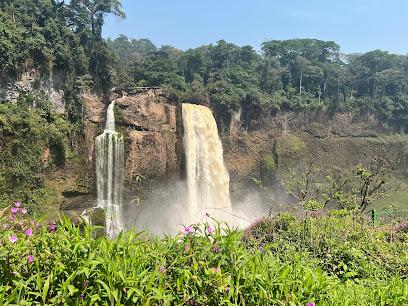
South west
Explore the breathtaking beauty of Muanenguba Twin Lake in Cameroon, a serene destination perfect for relaxation, nature walks, and stunning photography.
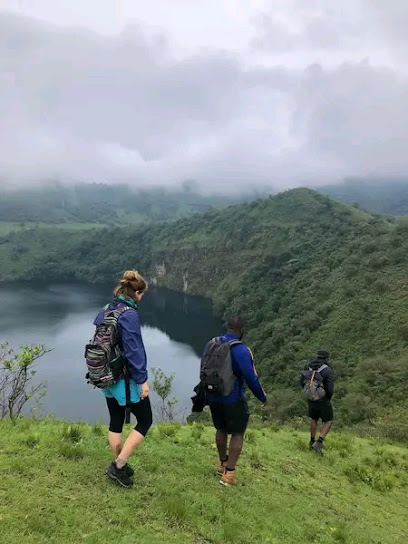
Chutes de Koné
Explore the captivating beauty of Chutes de Koné, a hiking gem in Nkongsamba, where lush landscapes and stunning waterfalls await your discovery.

Ebone
Discover the enchanting beauty and rich culture of Ebone, a must-see tourist attraction in Nkongsamba, Cameroon, perfect for unforgettable adventures.

Essential places to dine
Parthenon
Discover local flavors at The Parthenon in Nkongsamba - your gateway to authentic Cameroonian cuisine.
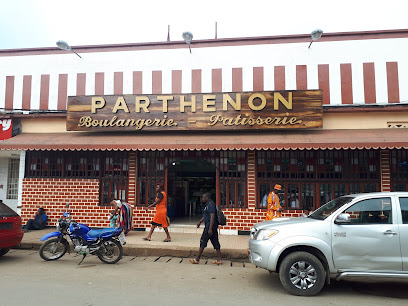
Marché B De Nkongsamba
Explore Marché B De Nkongsamba: A vibrant produce market showcasing fresh local produce and rich Cameroonian culture.
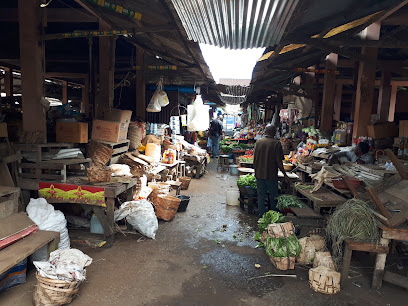
Afriland First Bank POS - Boulangerie Parthenon
Experience authentic Cameroonian flavors at Afriland First Bank POS - Boulangerie Parthenon in Nkongsamba – where every bite tells a story.
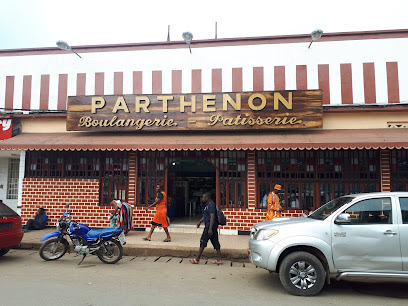
Fere Hôtel Plus
Experience authentic Cameroonian hospitality at Fere Hôtel Plus, your ideal base for exploring Nkongsamba's vibrant culture and stunning landscapes.
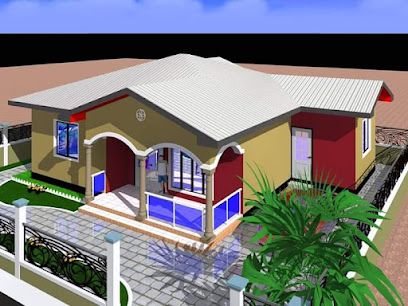
Restaurant a la Senegalaise
Discover authentic Senegalese cuisine at Restaurant a la Senegalaise in Melong – where every dish tells a story.
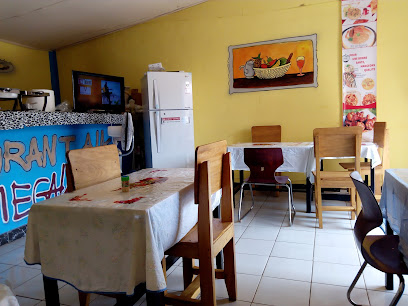
Brasserie Du Cameroun, Nkongsamba
Experience authentic Cameroonian flavors at Brasserie Du Cameroun in Nkongsamba - where culture meets cuisine.
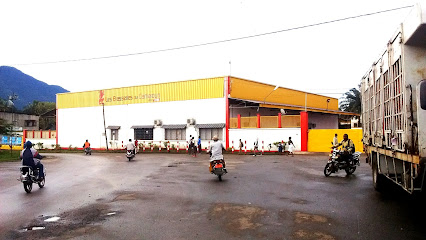
Ô VILLAGE BANTOU
Savor authentic Cameroonian barbecue at Ô VILLAGE BANTOU in Nkongsamba – where flavor meets tradition.
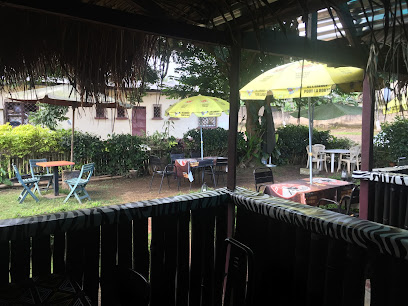
Central Bar
Experience the vibrant nightlife at Central Bar in Nkongsamba - where locals meet travelers for unforgettable moments.
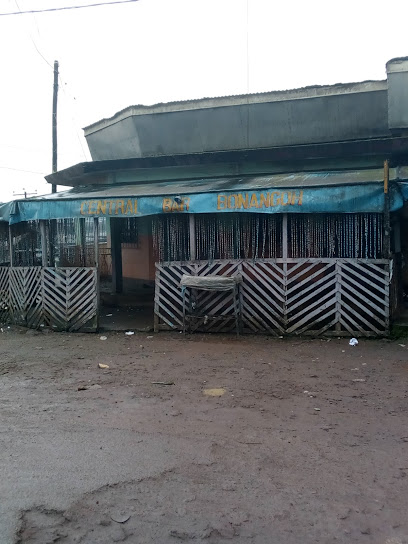
Restaurant la Marquise Nkongsamba
Experience the vibrant flavors of Cameroon at Restaurant la Marquise Nkongsamba – where local meets international in delightful harmony.
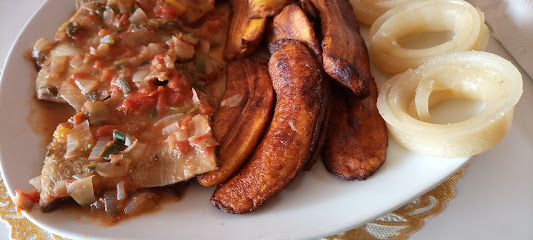
Menuiserie rapide Mitterrand
Discover the lively ambiance and local flavors at Menuiserie Rapide Mitterrand in Nkongsamba – your go-to bar for relaxation and cultural experiences.

Boulangerie La GRÂCE
Explore Boulangerie La GRÂCE: A delightful bakery in Nkongsamba offering fresh bread and pastries reflecting local culinary traditions.
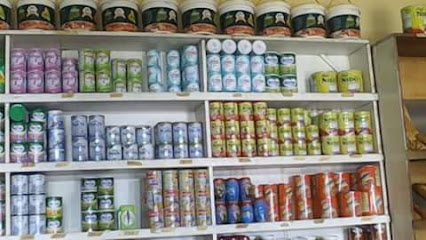
Ets Delice Cuisine Restaurant
Discover authentic Cameroonian flavors at Ets Delice Cuisine Restaurant in Bafoussam - a must-visit culinary destination for all food lovers.
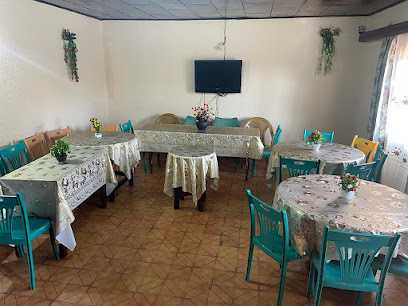
Club La Sabine
Discover Nkongsamba's nightlife at Club La Sabine - where locals gather for drinks, music, and unforgettable experiences.
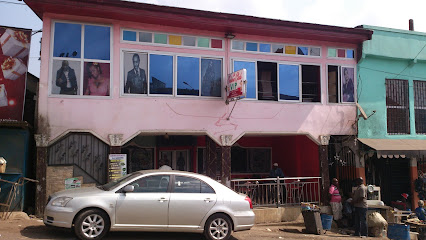
Hotel Bifano
Experience comfort and local hospitality at Hotel Bifano in Nkongsamba – your gateway to Cameroonian culture.
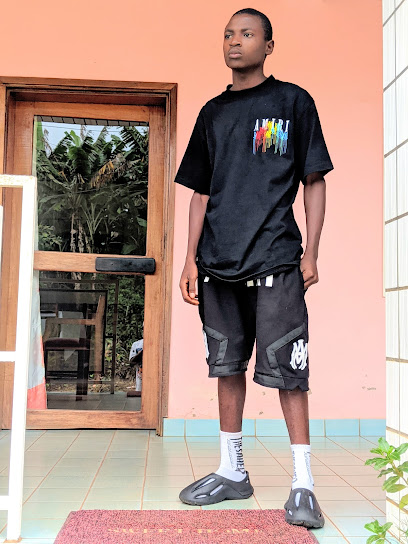
Les Pizzerias d'Ysis
Discover authentic pizza flavors at Les Pizzerias d'Ysis in Nkongsamba, where fresh ingredients meet local culinary traditions.
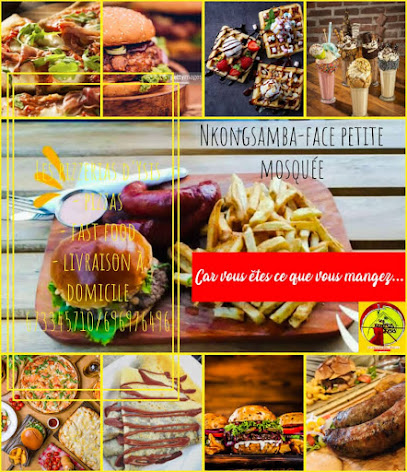
Markets, malls and hidden boutiques
Parthenon
Explore Nkongsamba's Parthenon Grocery Store for a taste of local flavors and fresh produce, a culinary hub for tourists in Cameroon.
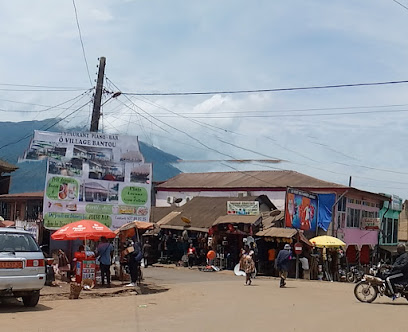
Marché B De Nkongsamba
Immerse yourself in the vivid culture and flavors of Nkongsamba at Marché B, a bustling produce market showcasing local delicacies and authentic experiences.
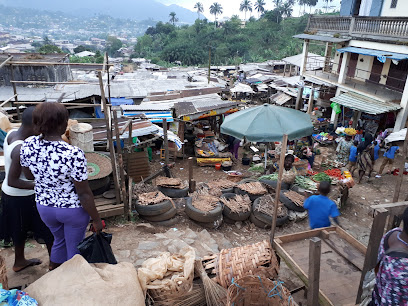
Afriland First Bank POS - Boulangerie Parthenon
Discover the heart of Nkongsamba at Afriland First Bank POS - Boulangerie Parthenon, where fresh pastries and local flavors await.
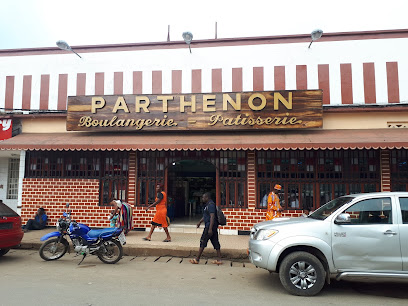
Medico Shopping
Explore stylish footwear at Medico Shopping in Nkongsamba, offering a vast selection for every taste and occasion.
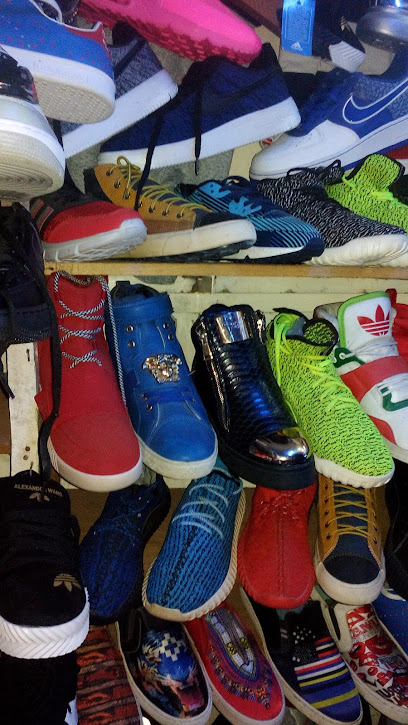
Ets. FOKOU
Discover exquisite home goods reflecting local craftsmanship at Ets. FOKOU, a must-visit shopping destination in Nkongsamba.
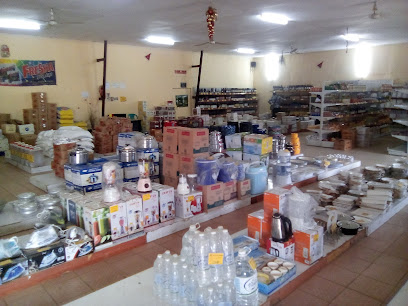
Brasserie Du Cameroun, Nkongsamba
Explore the authentic craftsmanship of Cameroon at Brasserie Du Cameroun in Nkongsamba, where every item tells a story.
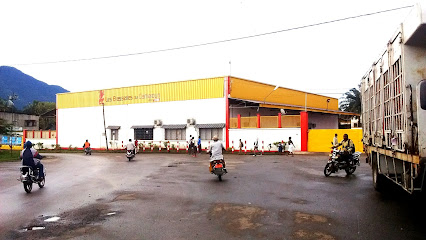
Carrefour Leroy
Experience the vibrant shopping culture of Nkongsamba at Carrefour Leroy, your destination for shopping, dining, and entertainment.
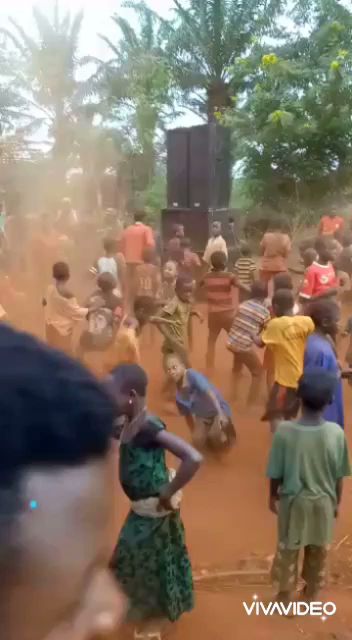
Carrefour MASANGA
Explore the vibrant Carrefour MASANGA in Nkongsamba for a unique grocery shopping experience filled with local flavors and cultural treasures.
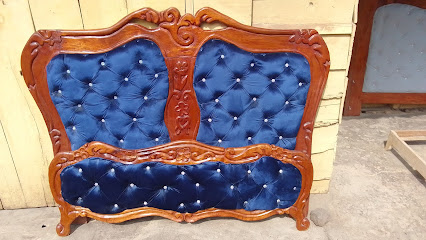
Boulangerie La GRÂCE
Discover the unique flavors of Nkongsamba at Boulangerie La GRÂCE, where fresh baked goods and local charm come together.
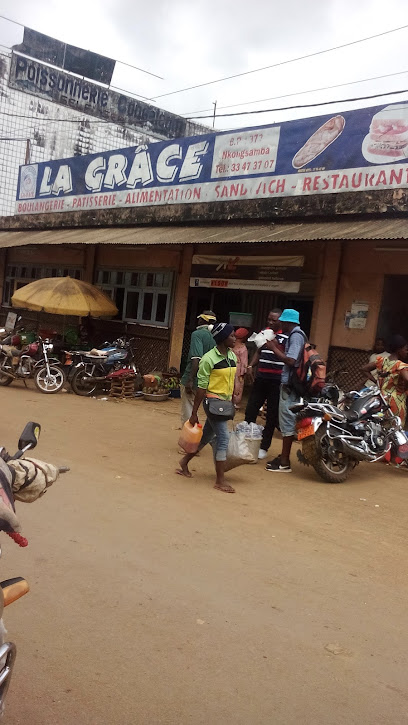
Marcher Central
Explore Marcher Central in Nkongsamba, a vibrant produce market bursting with fresh fruits, vegetables, and local Cameroonian culture.
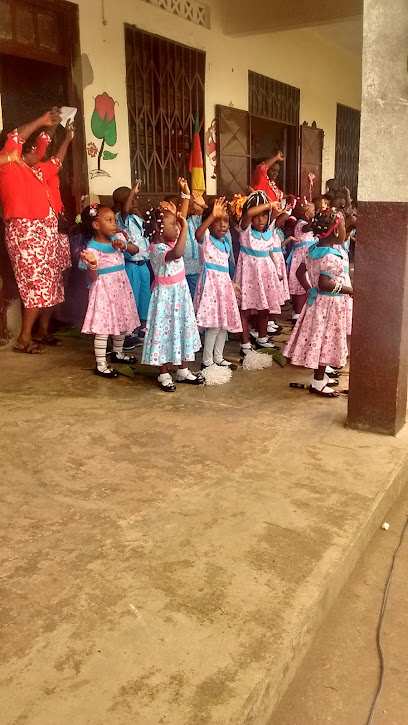
Supermarché Kilimandjaro
Experience the enchanting flavors of freshly baked goods at Supermarché Kilimandjaro, Nkongsamba's beloved bakery.
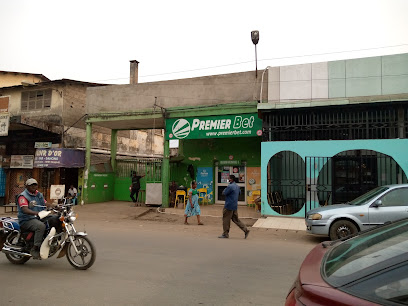
PARTHENOM
Explore the bustling Parthenom Shopping Mall in Nkongsamba, a vibrant destination for shopping, dining, and local culture.
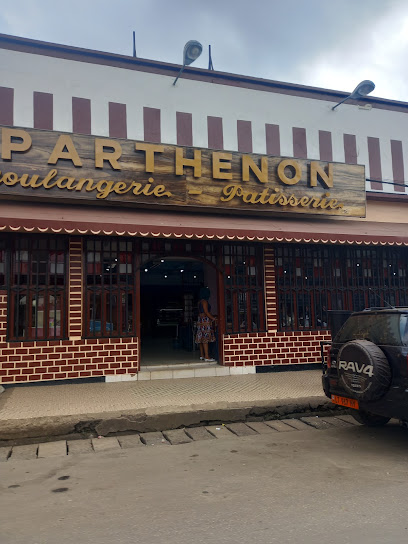
Salle de jeux vidéo
Unleash your gaming passion at Salle de jeux vidéo in Nkongsamba, where excitement and community come together in a digital playground.
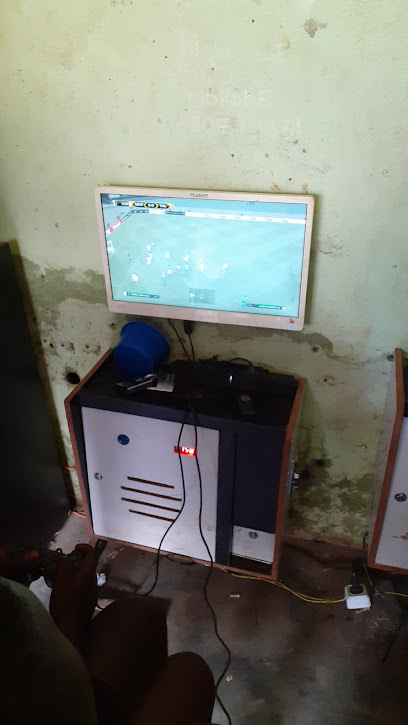
EMMAÜS BAKERY NKONGSAMBA
Experience the rich flavors of traditional Cameroonian baking at Emmaüs Bakery Nkongsamba, where every treat tells a story.
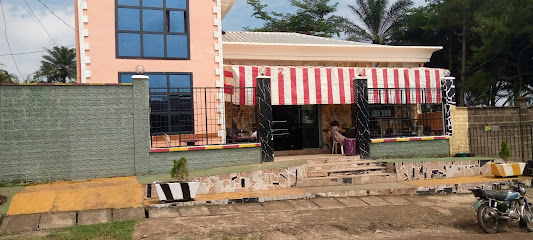
Divine Fashion Store
Explore Divine Fashion Store in Nkongsamba for a unique shopping experience with quality clothing and trendy shoes that reflect local culture.
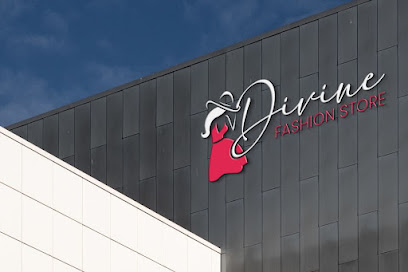
Essential bars & hidden hideouts
Central Bar
Discover the vibrant nightlife at Central Bar in Nkongsamba, where local culture meets refreshing drinks and live entertainment.
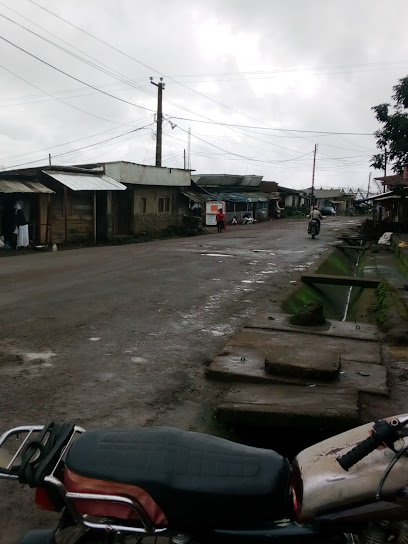
Restaurant la Marquise Nkongsamba
Experience the flavors of Cameroon at Restaurant la Marquise Nkongsamba, where culinary traditions meet warm hospitality.
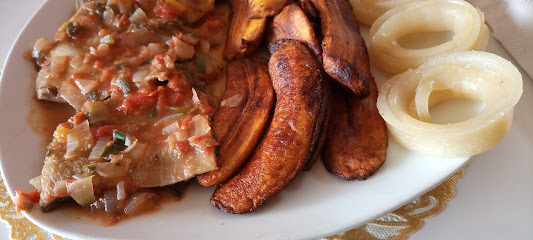
Menuiserie rapide Mitterrand
Experience Nkongsamba's nightlife at Menuiserie Rapide Mitterrand, a local bar offering delightful drinks and a vibrant atmosphere.

Club La Sabine
Discover the lively nightlife of Nkongsamba at Club La Sabine, where vibrant drinks and a friendly atmosphere await you.
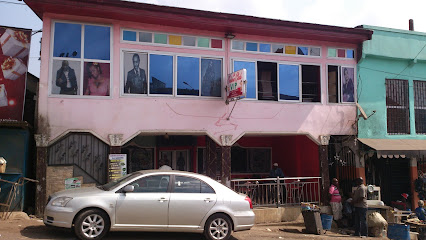
Alt Mbiakop
Discover the vibrant atmosphere and local flavors at Alt Mbiakop, a popular bar in Nkongsamba, perfect for socializing and relaxation.
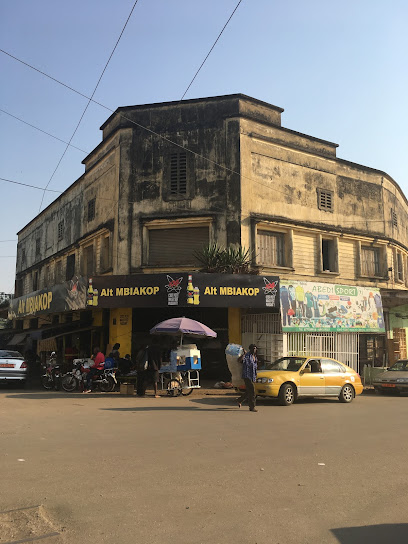
Kamer burn Cameroun
Experience authentic paisa cuisine at Kamer Burn in Nkongsamba, where local flavors and warm hospitality meet in a delightful dining atmosphere.

BAMBOU BAR
Discover the vibrant flavors of Africa at Bambou Bar, Nkongsamba's premier destination for authentic cuisine and cultural experiences.
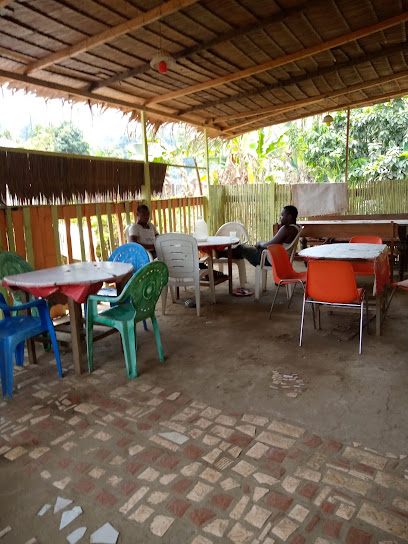
A LINN KAFI RESTAURANT-BAR
Experience the essence of Nkongsamba with delicious breakfast options and a cozy atmosphere at A Linn Kafi Restaurant-Bar.
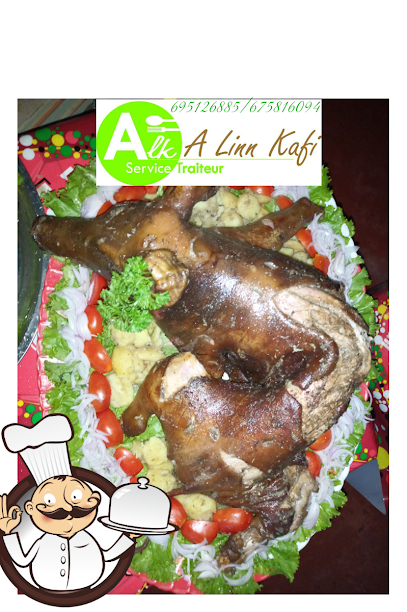
Ets WATIMAX
Discover the vibrant atmosphere of Ets WATIMAX, a premier bar in Nkongsamba offering refreshing drinks and a taste of local culture.
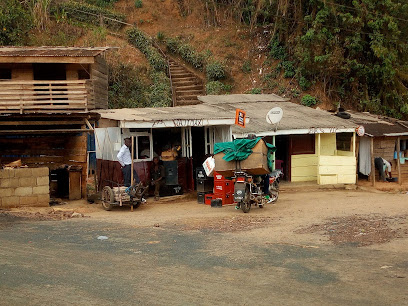
Gar routière nkongsamba 3
Experience the vibrant atmosphere of Nkongsamba's charming bar, where local culture meets relaxation and enjoyment.
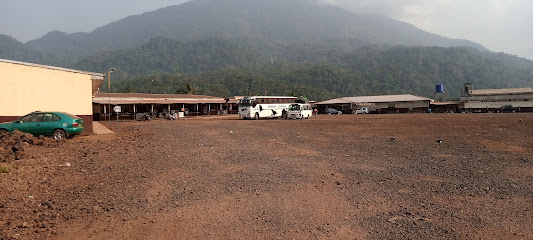
Restaurant la duchesse
Experience the vibrant flavors of Nkongsamba at Restaurant la Duchesse, where family-friendly dining meets delightful local cuisine.
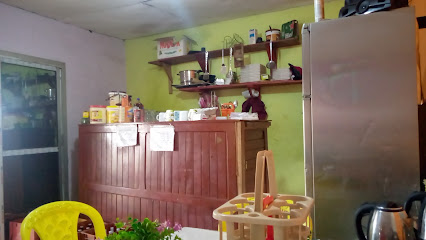
Les Pizzérias d'Ysis et L'after Fruit Juice Bar
Savor the essence of Nkongsamba at Les Pizzérias d'Ysis et L'after Fruit Juice Bar, where delicious pizzas and fresh juices await your taste buds.
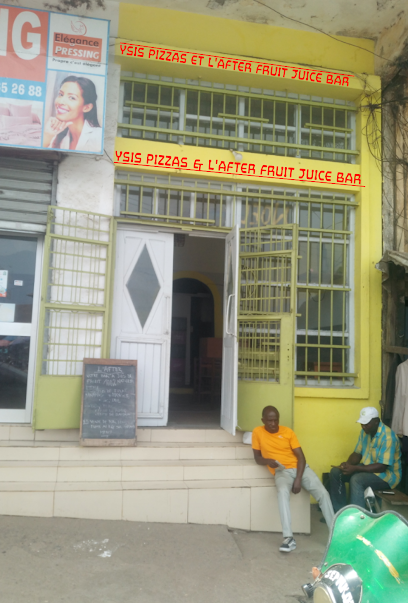
Plaisir Bar
Discover the charm of Nkongsamba at Plaisir Bar, a cozy bed and breakfast offering comfort and local hospitality.

Bar Robert Pirres
Experience Nkongsamba's vibrant nightlife at Bar Robert Pirres, where culture meets camaraderie in a cozy setting.

Local Phrases
-
- HelloBongue
[bohn-gweh] - GoodbyeNyambe
[nyahm-beh] - YesEh
[eh] - NoAh
[ah] - Please/You're welcomeMbele
[mbeh-leh] - Thank youMese
[meh-seh] - Excuse me/SorryNyonge
[nyoh-ngeh] - How are you?Na wasi?
[nah wah-see] - Fine. And you?Mama. Na wena?
[mah-mah. nah weh-nah?] - Do you speak English?Na ngolo nde English?
[nah ngoh-loh ndeh English?] - I don't understandNyonge nde
[nyoh-ngeh ndeh]
- HelloBongue
-
- I'd like to see the menu, pleaseNa nde mbua menu, mbele
[nah ndeh mboo-ah menu, mbeh-leh] - I don't eat meatNyonge nde ma nyama
[nyoh-ngeh ndeh mah nyah-mah] - Cheers!Buwa!
[boo-wah!] - I would like to pay, pleaseNa nde mbua pa, mbele
[nah ndeh mboo-ah pah, mbeh-leh]
- I'd like to see the menu, pleaseNa nde mbua menu, mbele
-
- Help!Seku!
[seh-koo!] - Go away!Ji mbele!
[jee mbeh-leh!] - Call the Police!Na nde ndea Police!
[nah ndeh ndeh-ah Police!] - Call a doctor!Na nde ndea dokita!
[nah ndeh ndeh-ah doh-kee-tah!] - I'm lostNa tondi
[nah tohn-dee] - I'm illNa nde ngwala
[nah ndeh ngwah-lah]
- Help!Seku!
-
- I'd like to buy...Na nde mbua...
[nah ndeh mboo-ah...] - I'm just lookingNa nde sika
[nah ndeh see-kah] - How much is it?Nde be nga?
[ndeh beh ngah?] - That's too expensiveNde be na mba
[ndeh beh nah m-bah] - Can you lower the price?Na nde ke ndea be?
[nah ndeh keh ndeh-ah beh?]
- I'd like to buy...Na nde mbua...
-
- What time is it?Na tongo nde?
[nah tohn-goh ndeh?] - It's one o'clockNde tongo ya ndo
[ndeh tohn-goh yah ndoh] - Half past (10)Nde nyangwa (10)
[ndeh nyahng-wah (10)] - MorningMba'a
[m-bah-ah] - AfternoonNgo'a
[n-gwah-ah] - EveningMbe'a
[m-beh-ah] - YesterdayNde nyie
[ndeh nyee-eh] - TodayNde awa
[ndeh ah-wah] - TomorrowNde nge
[ndeh ng-eh] - 1Ndo
[ndoh] - 2Nde
[ndeh] - 3Ndi
[ndee] - 4Nya
[nyah] - 5Nyam
[nyahm] - 6Nyamna
[nyahm-nah] - 7Nyambe
[nyahm-beh] - 8Nyamto
[nyahm-toh] - 9Nyamni
[nyahm-nee] - 10Nyamto ndo
[nyahm-toh ndoh]
- What time is it?Na tongo nde?
-
- Where's a/the...?Nde wu...?
[ndeh woo...?] - What's the address?Nde be ya adresse?
[ndeh beh yah ah-drehs-seh?] - Can you show me (on the map)?Na nde ke moni (na map)?
[nah ndeh keh moh-nee (nah map)?] - When's the next (bus)?Nde be nde bus ndo?
[ndeh beh ndeh bus ndoh?] - A ticket (to ....)Nde be ticket (to ....)
[ndeh beh ticket (to ....)]
- Where's a/the...?Nde wu...?
History of Nkongsamba
-
Nkongsamba, nestled at the foot of the Manengouba Mountains, was founded in the early 20th century. It became a significant center during the German colonial period in Cameroon, serving as a hub for agricultural trade, particularly in coffee and cocoa.
-
During the German colonial period, Nkongsamba experienced significant infrastructural development. The Germans constructed roads and railways to facilitate the transportation of goods. After World War I, when the League of Nations mandated Cameroon to France, Nkongsamba continued to thrive under French colonial rule, further cementing its role as an agricultural powerhouse.
-
Following Cameroon's independence in 1960, Nkongsamba maintained its status as a key economic center. The city saw a gradual transformation with the establishment of educational institutions and healthcare facilities, contributing to its growth and modernization.
-
Nkongsamba is a melting pot of cultures, with numerous ethnic groups such as the Mbo, Bamileke, and Bassa coexisting in harmony. The city is known for its vibrant festivals, such as the Ngondo Festival, which celebrates the rich cultural heritage of the Sawa people through traditional dances, music, and rituals.
-
Nkongsamba's economy has historically been based on agriculture, with coffee and cocoa plantations playing a pivotal role. In recent years, efforts have been made to diversify the economy, with initiatives to promote tourism and small-scale industries, contributing to the city's dynamic economic landscape.
-
Nkongsamba offers a range of attractions for visitors. The stunning Manengouba Mountains provide opportunities for hiking and bird-watching. The Ekom-Nkam Waterfalls, made famous by the film 'Greystoke: The Legend of Tarzan,' are a must-see. Additionally, the bustling markets and local crafts provide an immersive cultural experience.
Nkongsamba Essentials
-
Nkongsamba is located in the Littoral Region of Cameroon. The nearest international airport is Douala International Airport, approximately 140 kilometers away. From Douala, you can take a bus or taxi to Nkongsamba. The journey typically takes around 3 to 4 hours by road. Buses are available from multiple bus terminals in Douala, offering regular services to Nkongsamba.
-
Nkongsamba has various modes of transportation, including taxis, motorcycle taxis (benskins), and minibuses. Taxis are a convenient option for getting around the town, while benskins are a quicker and cheaper alternative for short distances. Minibuses operate within the town and to nearby villages, offering an affordable way to travel. Car rentals are also available for those who prefer to explore at their own pace.
-
The official currency in Cameroon is the Central African CFA franc (XAF). Credit cards are accepted in some hotels, restaurants, and shops, but it is advisable to carry cash, especially in smaller establishments and rural areas. ATMs are available in Nkongsamba, but it is wise to withdraw sufficient cash in Douala before traveling to ensure you have enough funds.
-
Nkongsamba is generally a safe destination for tourists. However, like any travel destination, it is advisable to take standard precautions. Avoid walking alone at night in unfamiliar areas and keep an eye on your belongings in crowded places. Be cautious in areas with high crime rates such as the outskirts of the town where crimes targeting tourists can occur. Always stay vigilant and aware of your surroundings.
-
In case of emergency, dial 117 for the police and 119 for medical emergencies. Nkongsamba has local police stations and medical facilities available. It is recommended to have travel insurance that covers medical emergencies. For minor health issues, there are pharmacies in the town where you can purchase over-the-counter medications.
-
Fashion: Do dress modestly, especially when visiting religious sites. Avoid wearing revealing clothing. Religion: Do respect local customs and traditions. Always cover your head when entering churches and mosques. Public Transport: Do be respectful and give up your seat to elderly passengers. Don't eat or drink on public transport. Greetings: Do greet people with a handshake. A slight bow of the head is also a sign of respect. Eating & Drinking: Do try local delicacies and accept food offerings graciously. Don't refuse hospitality, as it is considered impolite.
-
To experience Nkongsamba like a local, visit the local markets where you can buy fresh produce and traditional Cameroonian goods. Engage with locals, as they are often friendly and willing to share stories about the town's history and culture. Don't miss visiting the Ekom-Nkam Waterfalls, a popular natural attraction near Nkongsamba. For a unique experience, try a guided hike on Mount Manengouba, offering breathtaking views and a chance to explore the region's natural beauty.
Nearby Cities to Nkongsamba
-
Things To Do in Dschang
-
Things To Do in Bafoussam
-
Things To Do in Mbouda
-
Things To Do in Douala
-
Things To Do in Mamfe
-
Things To Do in Bamenda
-
Things To Do in Buea
-
Things To Do in Tiko
-
Things To Do in Edea
-
Things To Do in Limbe
-
Things To Do in Foumban
-
Things To Do in Bafia
-
Things To Do in Calabar
-
Things To Do in Malabo
-
Things To Do in Yaoundé






